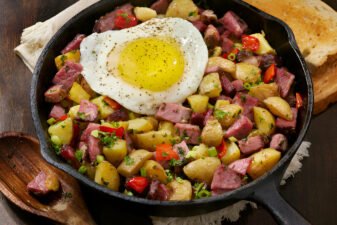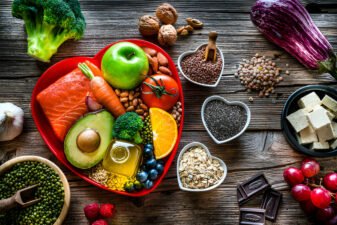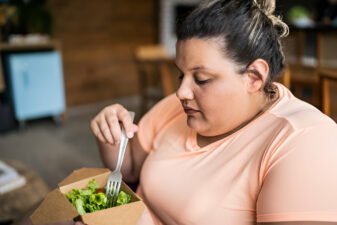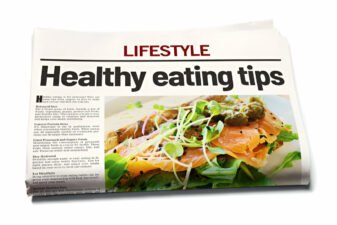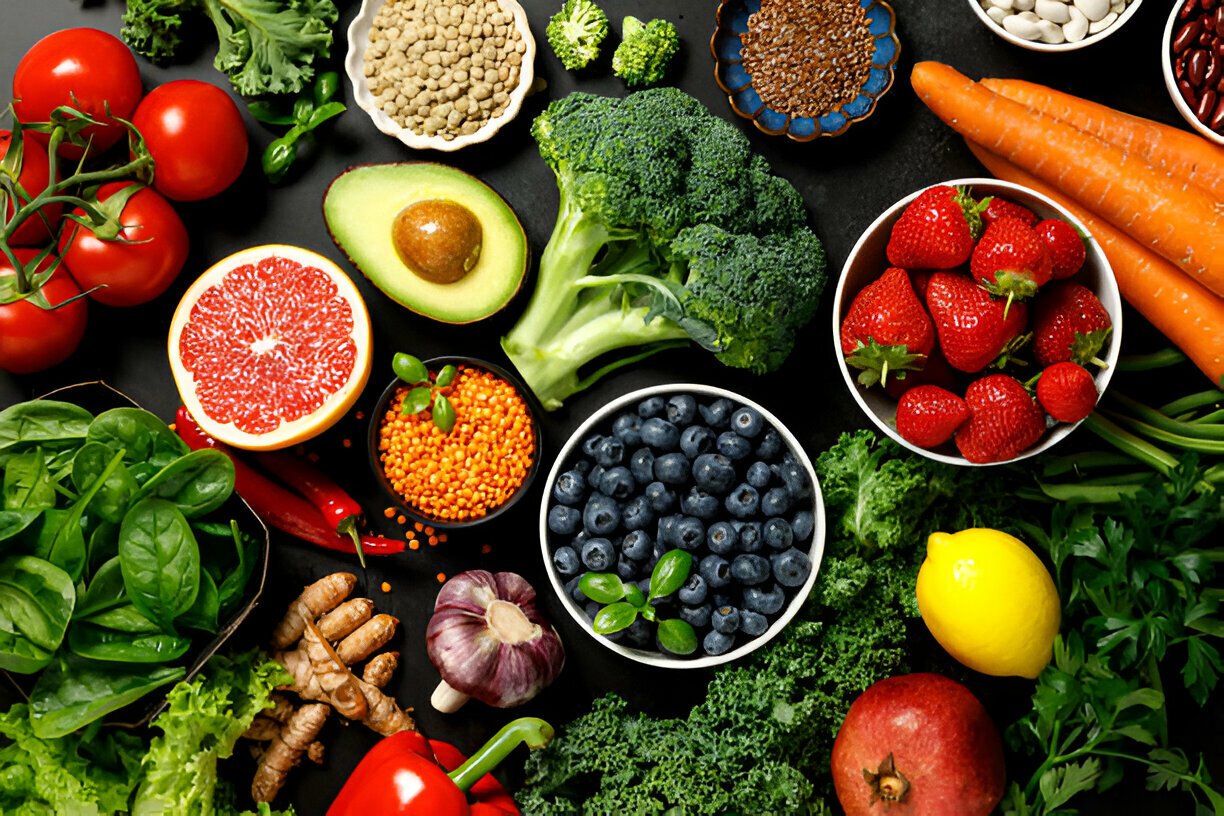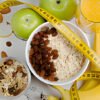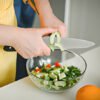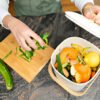Vegetarianism can be a very healthy option but only if your vegetarian diet plan is well balanced. This means eating a variety of foods including grains, fruit and vegetables, beans, pulses, nuts or seeds, a small amount of fat, with or without dairy products.
Vegetarian Pyramid Offers Best Vegetarian Nutrition
For optimum nutrition as a vegetarian, follow the Vegetarian Food Pyramid.
Table 1. Vegetarian Food Pyramid
| Eggs, Sweets | Eat occasionally or in small quantities | ||
| Nuts & Seeds | Egg Whites, Soy Milks Dairy | Plant Oils | Eat daily |
| Fruits & Vegetables | Whole Grains | Soy, Beans, Peanuts & Other Legumes | Eat at every meal |
Source: US Dept of Agriculture
Balanced Vegetarian Diet – Eat from All Food Groups
Use the Vegetarian Food Pyramid to maintain a healthy balanced diet by eating foods from all the food groups. Each of these vegetarian food groups provides some, but not all, of the nutrients you need. Foods in one group can’t replace those in another. No one food group is more important than another – for good health, you need them all. Vegans should pay special attention to their vitamin B12 and vitamin D intake by eating fortified foods or taking vitamin B12/ vitamin D supplements.
Vegetarian Diet Nutrition Guidelines
Vegetarian Diet Nutrition – Protein
Plant sources of protein alone can provide all the protein required by vegetarians and vegans provided a variety of plant foods are consumed. Complementary proteins do not need to be consumed at the same time if they regularly appear in the diet.
Vegetarian Diet Nutrition – Iron
Although vegetarian diets are higher in total iron content than nonvegetarian diets, iron reserves are lower in vegetarians because the iron from plant foods is less well absorbed. That said, iron deficiency anemia rates are similar in vegetarians and nonvegetarians. Remember that it’s easier to absorb iron from food if we eat it with foods that contain Vitamin C, so have some fruit or veg containing vitamin C, or some fruit juice with your meal.
Vegetarian Diet Nutrition – Vitamin B12
Plant foods are not a reliable source of B-12 for vegetarians. Vitamin B-12 in spirulina, sea vegetables, tempeh, and miso has been shown to be inactive B-12 analog rather than the active vitamin. Although dairy products and eggs contain vitamin B-12, research indicates that lacto-ovo-vegetarians have low blood levels of vitamin B-12. Thus use of fortified foods or supplements are advised for vegans or vegetarians who limit animal foods.
Vegetarian Diet Nutrition – Vitamin D
Vitamin D is poorly supplied in all vegetarian diets unless vitamin D-fortified foods are eaten. However, vegan vitamin D-fortified foods – such as soy milk and cereals, are becoming more widely available. Exposure to direct sunlight exposure is a major source of vitamin D, so dietary intake is not important if sun exposure (to hands, arms, and face for 5 to 15 minutes per day) is adequate.
Vegetarian Diet Nutrition – Calcium
Ovo-lacto vegetarians have calcium intakes that are comparable to those of nonvegetarians. Calcium is well absorbed from many plant foods, and vegan diets can provide adequate calcium PROVIDED the diet regularly includes foods rich in calcium.
Vegetarian Diet Nutrition – Zinc
Because of the lower uptake of zinc from plant foods, vegetarians should attempt to meet or exceed the zinc RDA.
Vegetarian Diet Nutrition – Pregnancy
Lacto-ovo-vegetarian and vegan diets can meet the nutrient and calorie needs of pregnant women. Birth weights of infants born to well nourished vegetarian women have been shown to be similar to birth-weight norms and to birth weights of infants of nonvegetarians. Diets of pregnant and lactating vegans should be supplemented with 2.0 micrograms and 2.6 micrograms, respectively, of vitamin B-12 daily and, where sun exposure is limited, with 10 micrograms vitamin D daily. Supplements of folate are advised for all pregnant women, although vegetarian women typically have higher intakes than nonvegetarians.
Vegetarian Diet Nutrition – Notes on Optimum Vegetarian Health
Standard adult vegetarian diets (which are low in fat and high in fibre) can fill up infants (under 5 years) before they have ingested sufficient energy and nutrients. So vegetarian diet plans for infants should include fewer high-fiber foods and more energy and nutrient-dense foods.
A vegetarian diet is fine for children and provides all the nutrients required for normal growth and development. Vegetarian kids are similar in height and weight to non-vegetarian kids and are less likely to be overweight.
For optimum diet and nutrition, the American Dietetic Association advises all vegetarians/vegans to consult a registered dietitian or other qualified nutrition professional, especially during periods of growth, breast-feeding, pregnancy, or recovery from illness.
Dietary Guidelines for Americans recommend that those who choose foods of only plant origin must supplement the diet with vitamin B12, vitamin D, calcium, iron, and zinc. Adequate intake of these nutrients are even more important for growing children and pregnant and lactating women.
Sources include:
US Department of Agriculture.
American Dietetic Association.
UK Food Standards Agency.
Easy Vegetarian Diet (Includes milk & eggs)
If you want to lose weight and you want an easy vegetarian diet PACKED with simple meals, “brilliant” weight loss tips plus advice on exercise and diet nutrition, choose Anne Collins Vegetarian Diet. It’s the BEST VALUE diet program on the Internet.
Vegetarian Diet Related Links:
Vegetarian Diet Nutrition
Vegan Diet
Weight Loss Advice for Vegetarians
Diet & Weight Loss Resources for Vegetarians
The Vegetarian Resource Group
Vegetarian recipes, cookbooks and lots more.
Vegetarian Diets Information
Weight loss & dietary advice for vegetarians.
